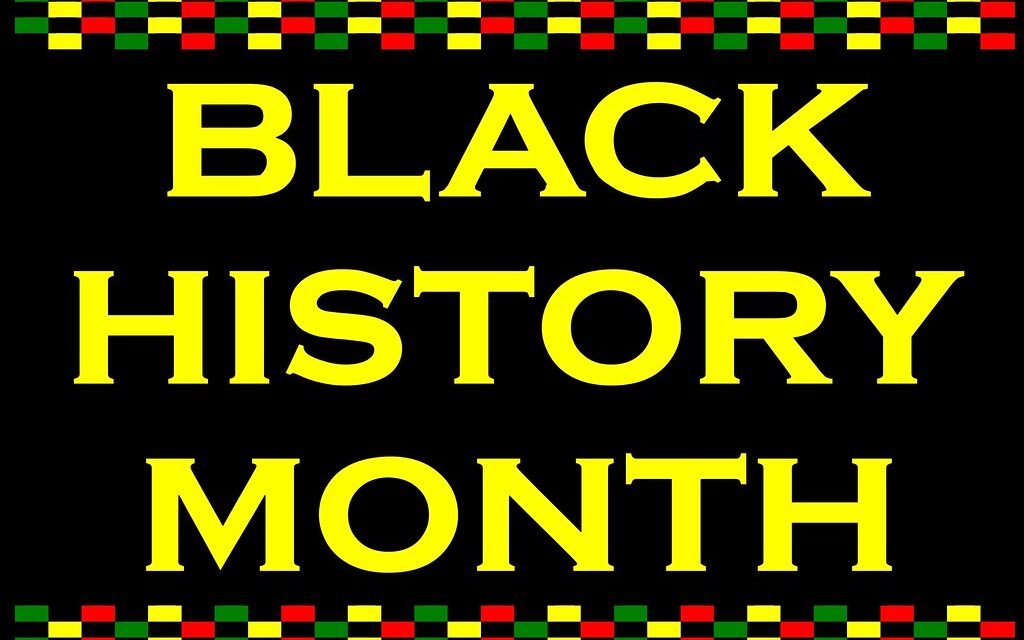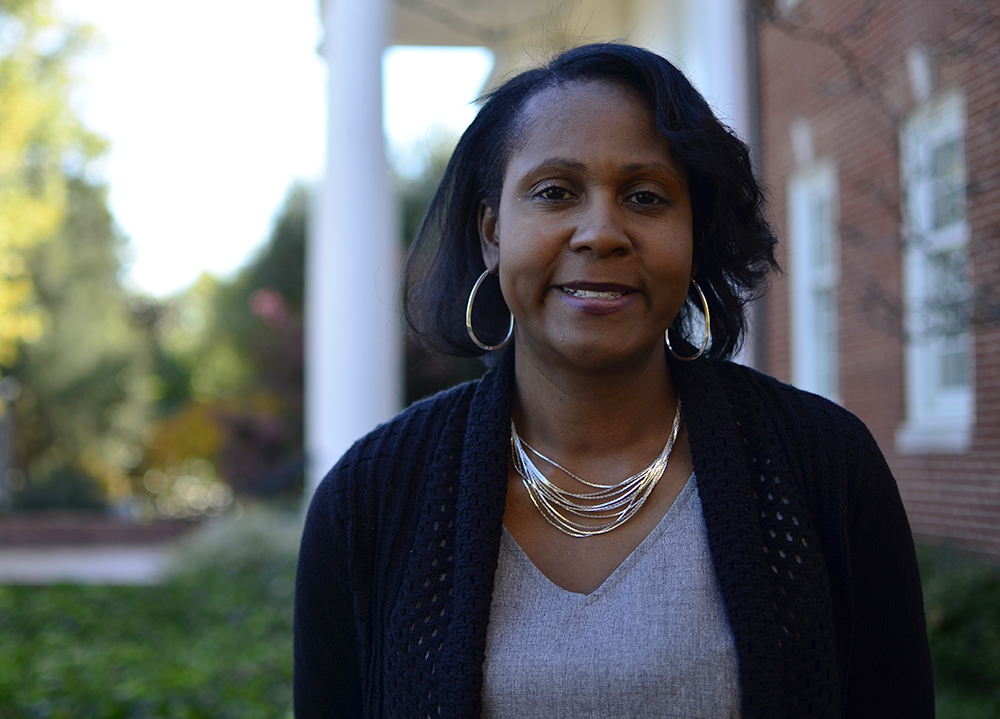Black History Month (BHM) is a month dedicated to educating and celebrating the African diaspora and their contributions to society. BHM originated in the United States but it is also observed in Canada, the United Kingdom, and Ireland.
The predecessor of BHM was Negro History Week. Created in 1926, the second week of February was selected to be Negro History Week. The second week was specifically chosen due to the connection between Abraham Lincoln’s birthday, Feb. 12, and Frederick Douglass’ birthday, Feb. 14. Both of these birthdays were said to be significant to the Black community and had been celebrated together since the late 19th century.
Carter G. Woodson is credited as the ‘Father of Black History” and is the driving force behind the creation of Negro History Week. Woodson created an organization called the Association for the Study of Negro Life and History which led to the creation of and support for Negro History Week.
In 1969, Black educators and the Black United Students at Kent State University joined together to propose a Black History Month. A year later in 1970, the first BHM celebration took place from Jan. 2 to Feb. 28.
During the celebration of the United States Bicentennial in 1976, President Gerald Ford recognized BHM. President Ford urged Americans to “seize the opportunity to honor the too-often neglected accomplishments of Black Americans in every area of endeavor throughout our history.”
In 1976, Texas A&M University Afro-American professor, Albert Broussard, instituted BHM at Texas A&M. Broussard advocated for this teaching of Black history, saying “Oftentimes Black history is taught as a celebration of this great man or this great woman, but that wasn’t what Woodson had in mind. He wanted this time to be a celebration of the achievement of Black people as a race, recognizing that Blacks were part of the history of this country from the very beginning.”
The United Kingdom first celebrated BHM in Oct. of 1987. It was also noted that 1987 marked the 150th anniversary of Caribbean emancipation, the 100th anniversary of the birth of Marcus Garvey, and the 25th anniversary of the Organization of African Unity. BHM in the UK was organized through Akyaaba Addai-Sebo, a Ghanaian analyst who served as a coordinator of special projects for the Greater London Council.
The first BHM in the UK was a part of the African Jubilee Year, a year to mark the contributions of Black people throughout history. This was done in conjunction with Addai-Sebo’s plan to recognize contributions of African, Asian and Caribbean people to the economic, cultural and political life in the UK. While the plan for the African Jubilee Year was to recognize more than just Black people, the community rejected it saying “Black History Month UK does not support the use of the term ‘black’ to refer to all people of colour in the UK, and has criticised institutions for supporting Black History Month with images of people from British Asian backgrounds.”
In Berlin, Germany in 1990, the Black German community began observing BHM. Their observation has included discussions about Black Europeans, international African perspectives, the history of civil rights in the US, and apartheid in South Africa. These events have spread to other German cities.
Canada officially recognized February as BHM and honored Black Canadians in 1995. The Canadian Senate unanimously approved and recognized BHM in 2008. BHM in Canada is currently defined as “the achievements and contributions of Black Canadians and their communities who … have done so much to make Canada a culturally diverse, compassionate, and prosperous country.”
In Ireland, BHM was initiated in Cork, the second-largest city in Ireland, in 2010. The location was said to be appropriate due to it being a leading center of abolition in the 19th century. In 2014, it was expanded into a nationwide event. BHM is celebrated in the month of October in Ireland.
These are not all of the countries globally that celebrate BHM. Some countries do not “officially” celebrate it but hold various programs and events to educate their citizens about Black societal contributions.



